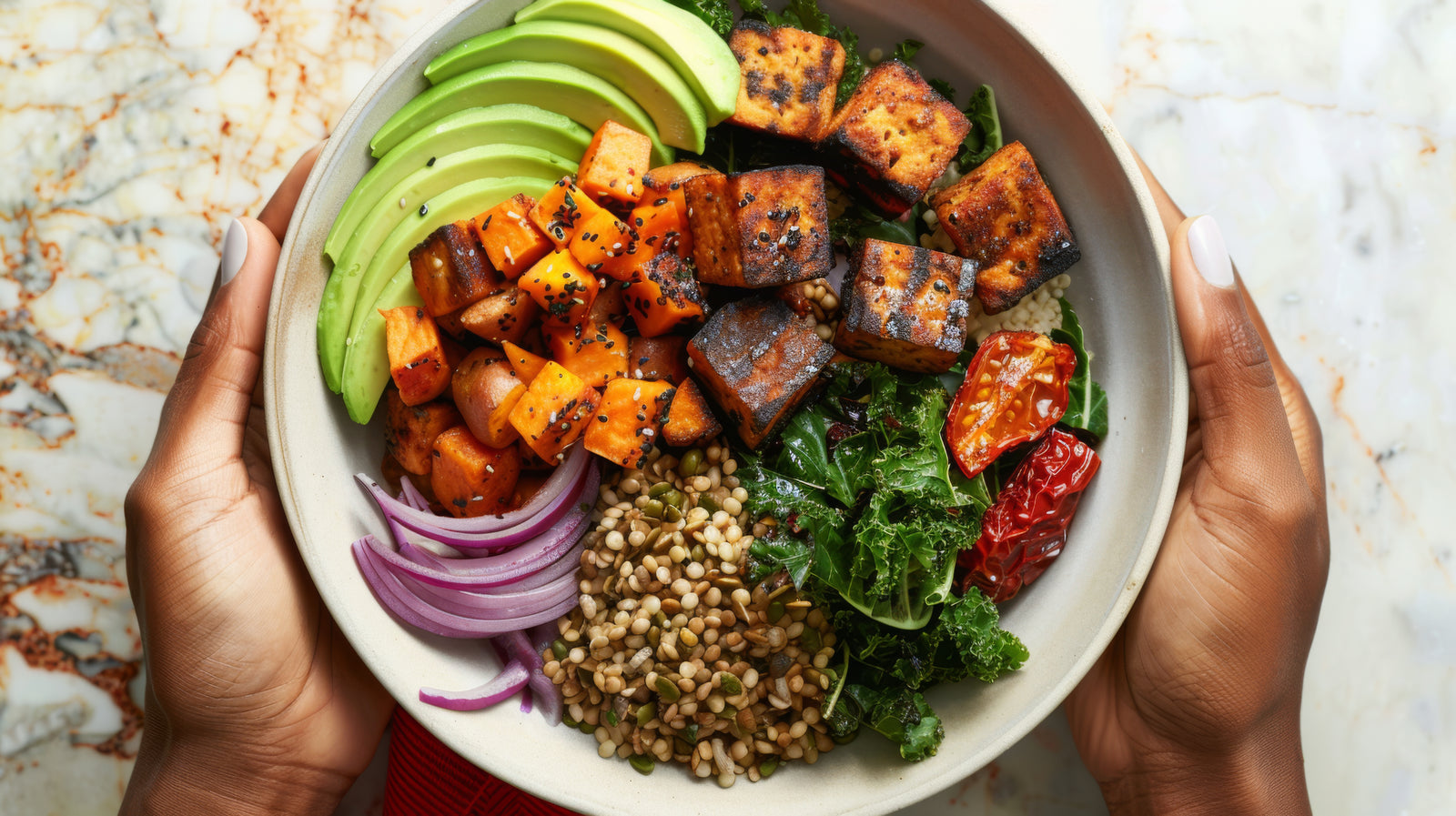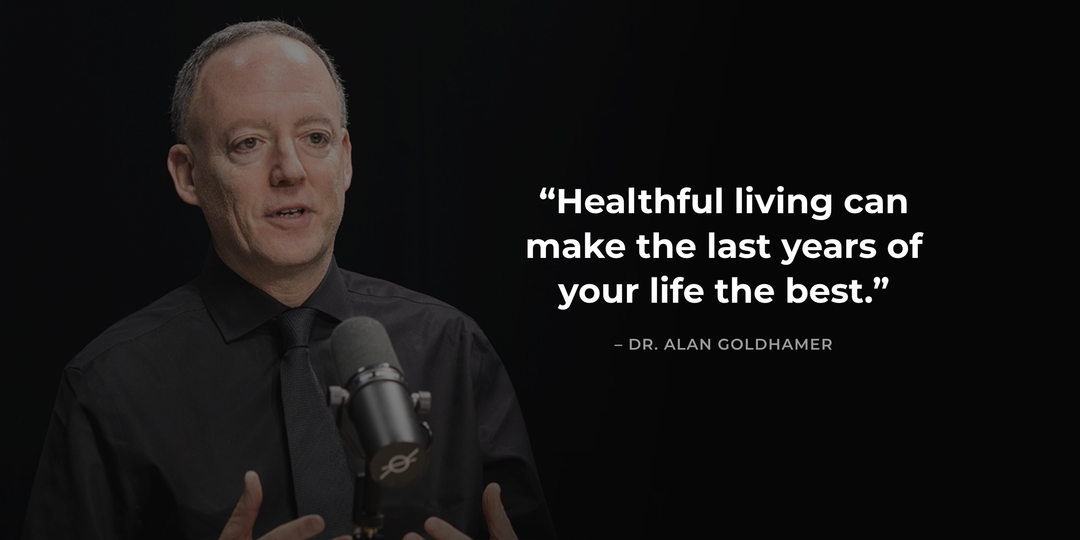Change Begins At the Checkout | Vegan Nutritionist Tips

"Embrace Whole Foods"
This is the most important tip of all!
Eating a wide variety of minimally processed and unprocessed vegan whole foods will mean that you remain healthy, well-nourished and that your body will get all the macronutrients it needs (protein, fats & carbohydrates) as well as most of the micronutrients (vitamins and minerals).
Focus on these foods:
-
Vegetables (such as spinach, carrots, broccoli, bell peppers, cauliflower, asparagus, kale)
-
Fruits (such as strawberries, blueberries, apples, pears, oranges, avocado, raspberries, kiwi fruit, peaches)
-
Whole grains (such as brown rice, quinoa, barley, oats, buckwheat, bulgur)
-
Legumes (such as chickpeas, kidney beans, black beans, peas, lentils, and fava beans)
-
Nuts (such as almonds, cashews, macadamia, pecans, pistachios)
-
Seeds (such as pumpkin, flax, sunflower, hemp, chia)
-
Spices and herbs (such as turmeric, black pepper, oregano, basil, rosemary)
-
Plant-based proteins (such as tofu, tempeh, and soybeans)
-
Unsweetened plant-based milk (such as oat milk, almond milk, and soy milk)
-
Plant oils (such as extra-virgin olive oil)
Worth the convenience?
One of our innate behaviors is to try to do things the easy way. There is no argument that ready-to-eat meals, jarred sauces, cakes, cookies, candies, most breakfast cereals and pop-in-the-microwave types of food are easier to prepare than cooking whole foods. But we must always ask, at what cost?






